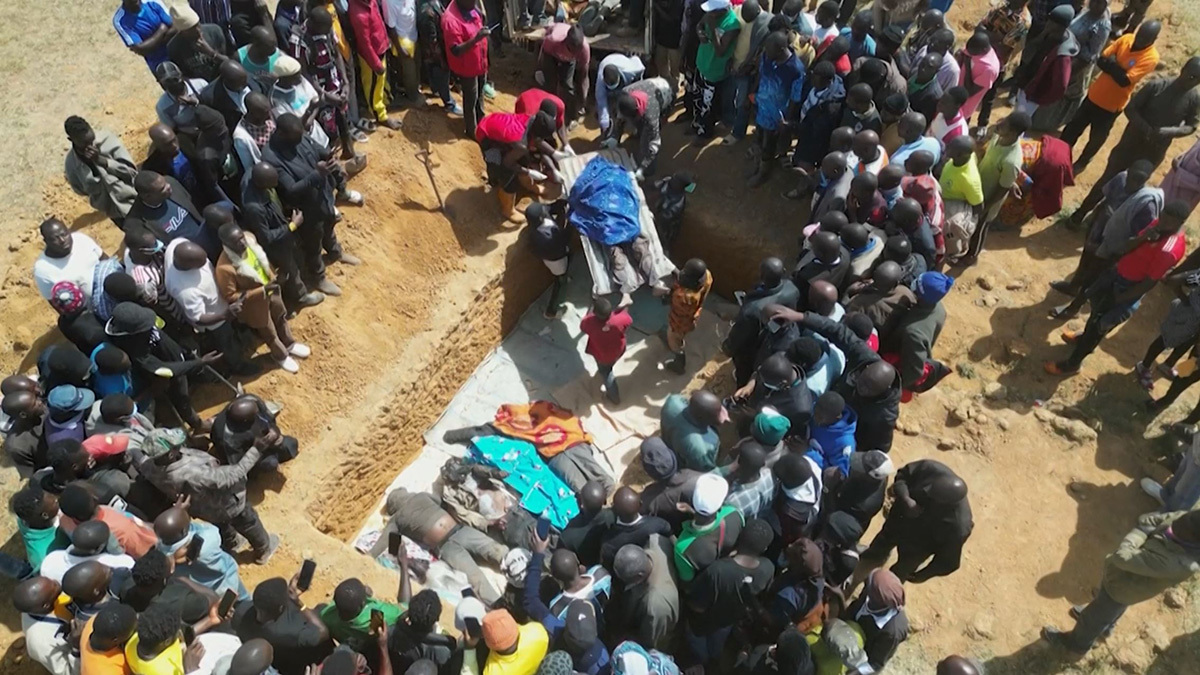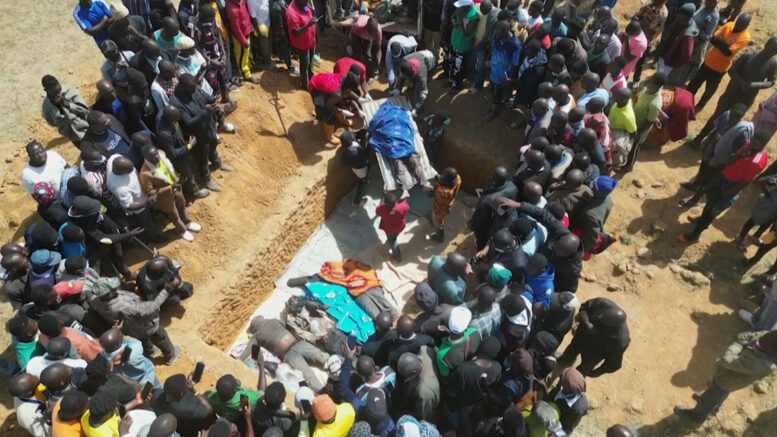Published on September 1, 2024, 1:17 am

Image source: Fox News
- Array
As a provider of real news and trusted news, particularly from a Christian worldview, we shed light on alarming trends in religious violence. Between 2019 and 2023, over 16,000 Christians were killed in Nigeria – indicating more followers of Christ fell victim to violence than adherents of other religions. This data was being shared by the Observatory for Religious Freedom in Africa (ORFA), which launched a four-year data project documenting this disturbing narrative.
The comprehensive study unveiled that amongst 55,910 fatalities resulting from 9,970 attacks across Nigeria – which included combatants and civilians – approximately 30,880 were unarmed civilians. The number of Christian victims amounted to 16,769; this significantly outnumbered the Muslim fatalities standing at 6,235. Interestingly, radicalized Muslim Fulani herdsmen accounted for 55% of Christian deaths.
The report raised concerns over how the violence in Nigeria has been downplayed or minimized for a long time leading to misinterpretations and misconceptions about the extent of the atrocities taking place. There is evidence suggesting that Fulani Ethnic Militia targets Christian populations disproportionately while also being instrumental in widespread suffering among Muslims.
Over four years, ORFA documented more than 21,621 abductions stemming from roughly 2,705 attacks throughout Nigeria. Among these innocent civilians taken captive — totalling around 21,532 — nearly half (11,185) identified as Christians compared to their Muslim counterparts at an estimated number of approximately 7,899 victims.
It’s important to highlight that even captivity seems to adopt sectarian lines where treatment hinges heavily on religious identity; Christian captives often undergoing harsher conditions and confronting higher execution risks compared to Muslims.
The pattern showing around eight daily attacks involving killings or abductions over four years conveys an image of a nation gripped with fear and tension; harrowing depictions include children sleeping atop trees due to their terror of nocturnal attacks. This crisis spread across 65 different local government areas in Nigeria, reflecting the extensive reach of this violence.
Fulani Ethnic Militia and some unheralded groups are identified as primary instigators. Despite the more internationally recognized danger from groups like Boko Haram and Islamic State West Africa Province, the Armed Fulani herdsmen and various terrorist groups contributed to most killings and abductions.
The Nigerian government is thus urged to respond adequately and promptly to these unsettling trends. Prioritizing peace, reassessing its security strategies, enhancing community support, amending values towards justice and reconciliation, improving measures to safeguard civilians, and stimulating interfaith dialogue are essentials for a safer future in Nigeria.
Furthermore, international bodies need to play their part by addressing this escalating violence in Nigeria proactively. Such measures might include more aid resources allocated by EU member states along with US and UK governments to regions experiencing displacement crises – particularly Nigeria’s North Central Zone and Southern Kaduna.
In conclusion, prioritizing national security not only safeguards lives but also nurtures trust among citizens — an imperative in a nation versed with ongoing religious tensions.
Original article posted by Fox News

Be the first to comment on "“Rising Religious Violence in Nigeria: A Disturbing Trend from 2019 to 2023”"